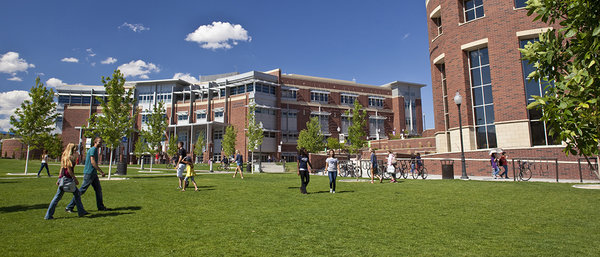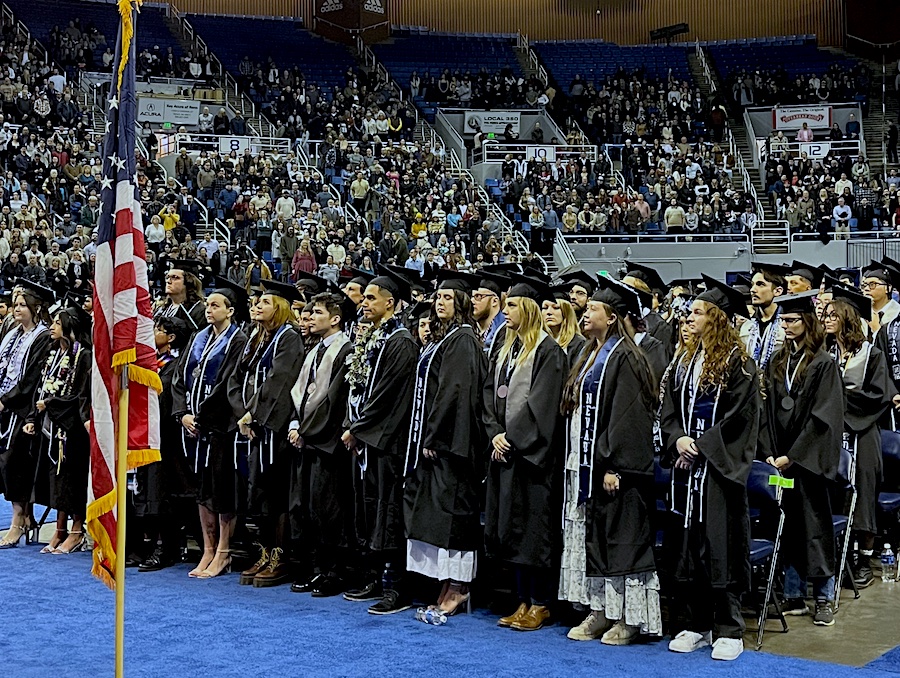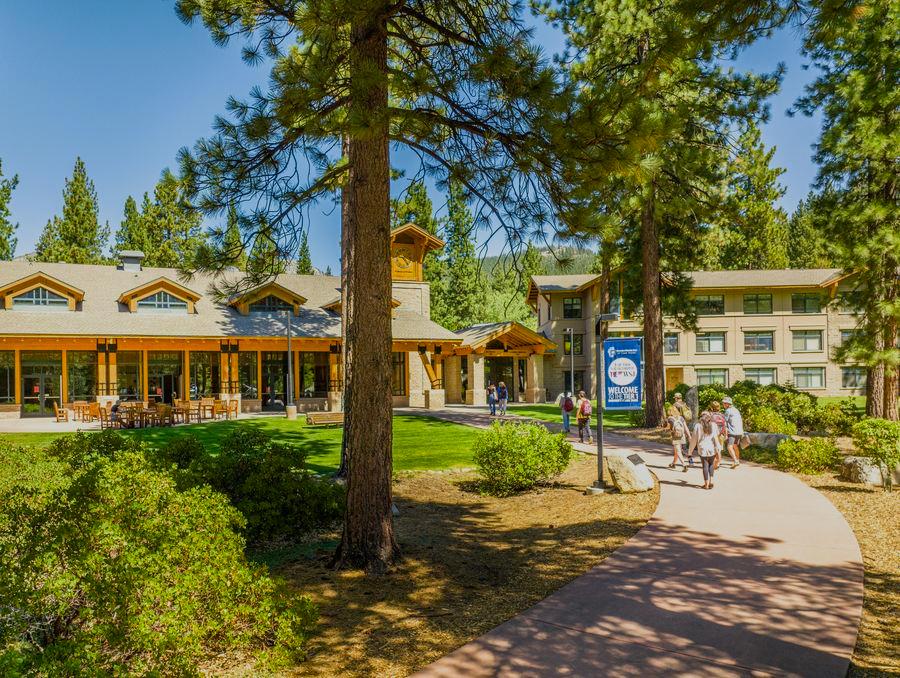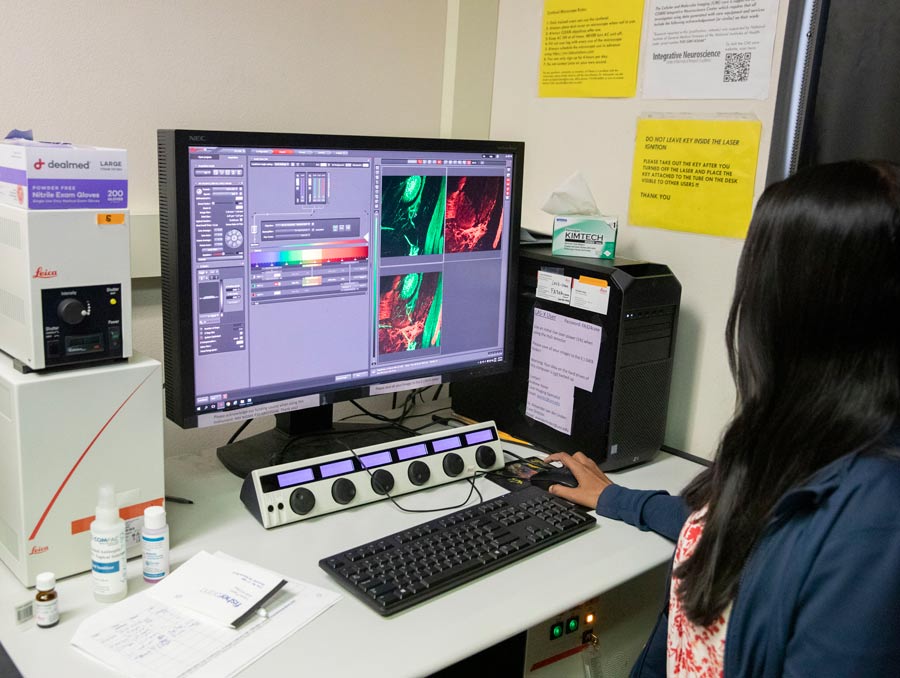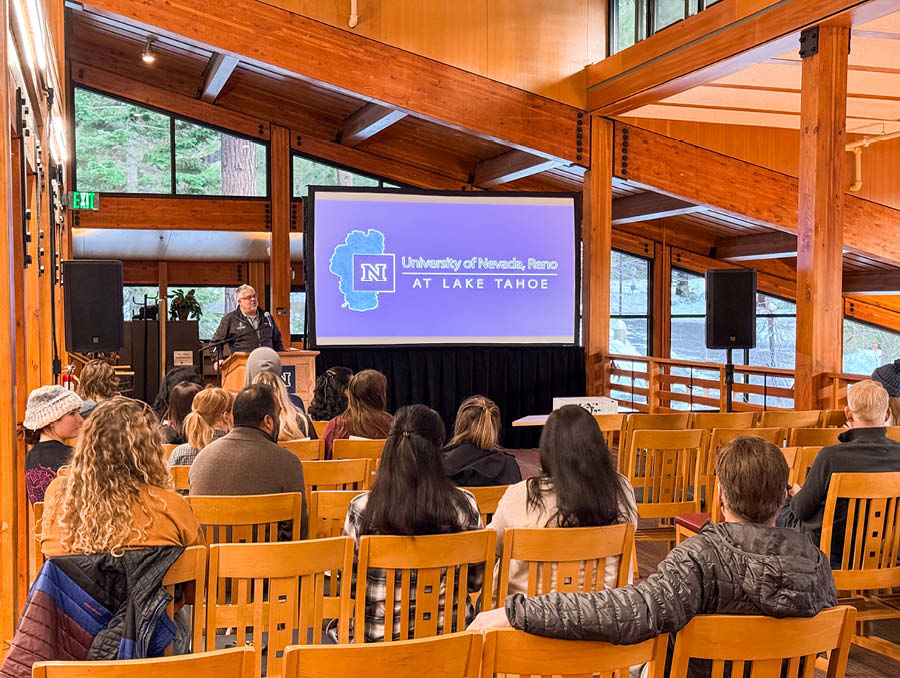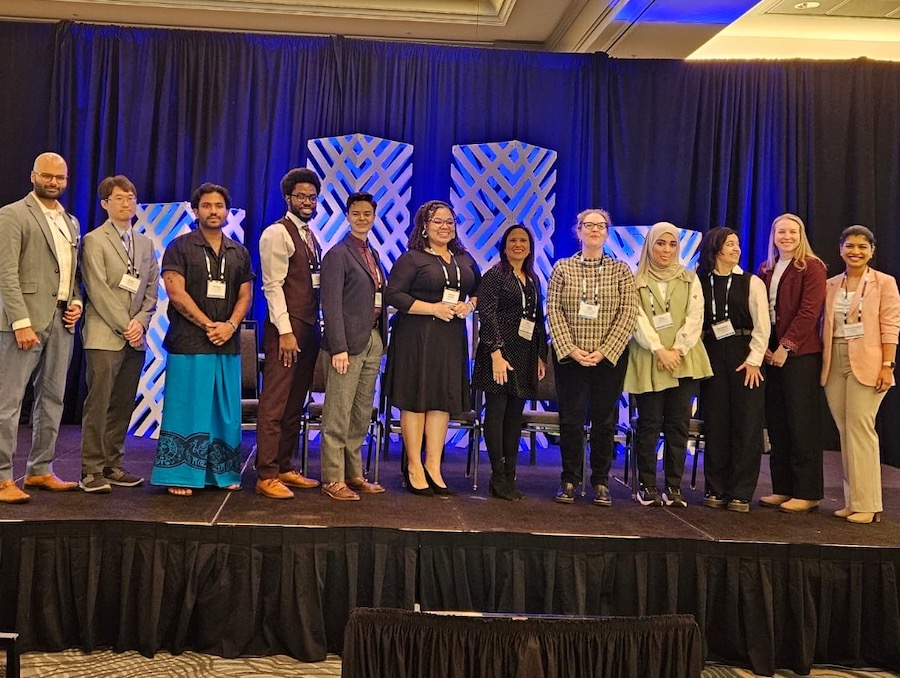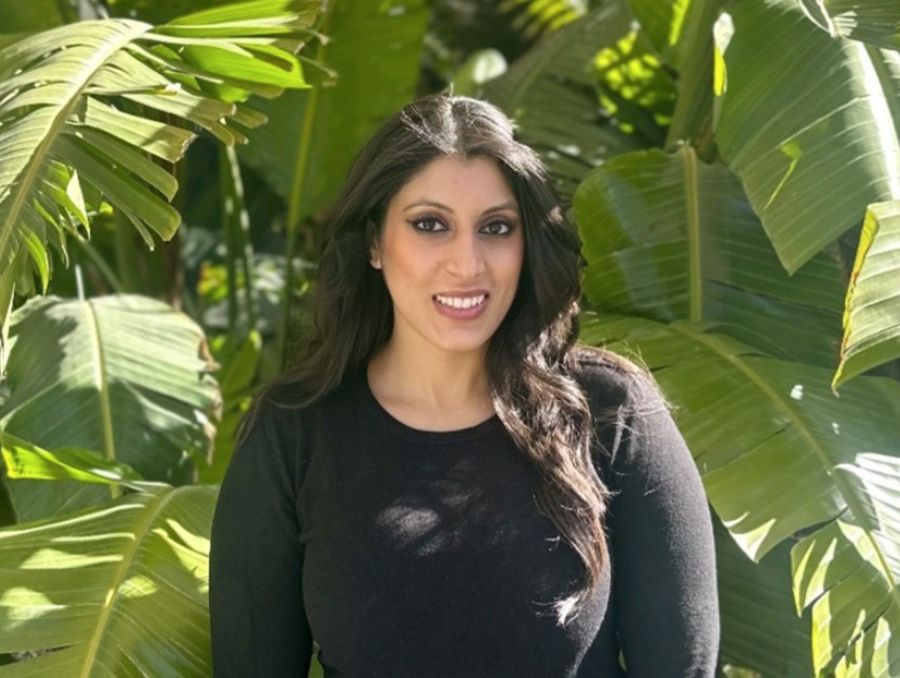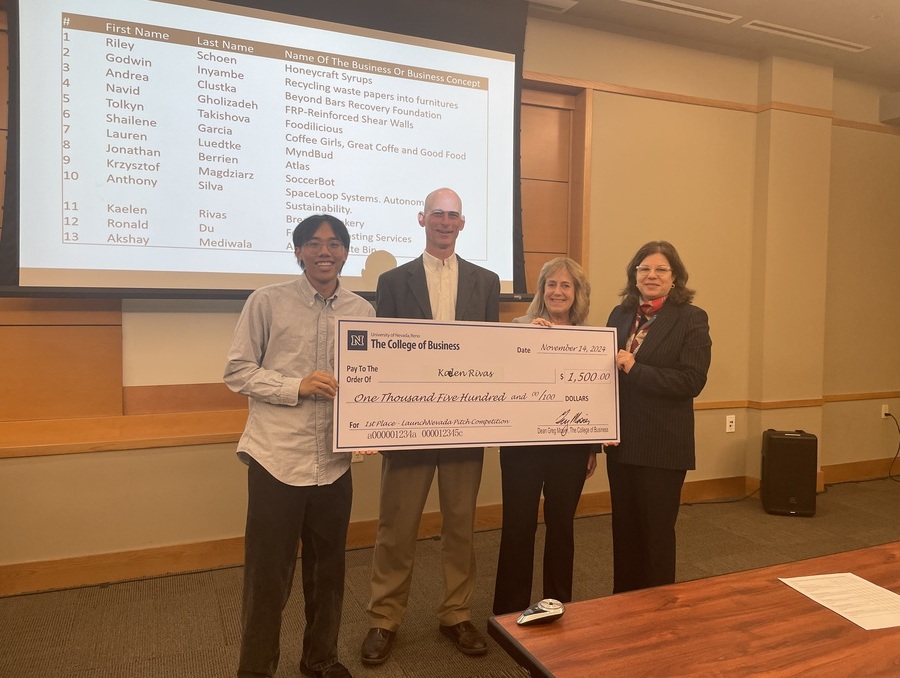Dear University of Nevada, Reno Students and Colleagues,
Sexual assault on college campuses continues to be a significant topic for our nation and our University community as well. I am writing to share results from a recent survey of our students regarding sexual conduct and safety and to ask for your continued efforts in creating a respectful and supportive campus climate.
In November 2014, the University of Nevada, Reno voluntarily initiated the "Sexual Conduct and Campus Safety Survey," an action we believe puts us at the forefront of universities seeking to understand this issue among students. We care about our students and we know that experiencing unwanted sexual conduct can negatively impact well-being and future success. The University has many services and resources in place and we have seen impressive student-driven, peer-to-peer initiatives emerge. The goal of conducting the survey was to develop meaningful information to further strengthen these efforts and contribute to a supportive campus climate that has zero tolerance for sexual assault, sexual misconduct and other actions that damage the lives of others. It is imperative we maintain a campus culture that reinforces a sense of hope, potential and personal achievement; we must remain a University that aspires to the highest ideals in all manner of personal conduct.
The survey and the terminology and definitions used were adapted from the federal toolkit for campus climate surveys highlighted in the April 2014 White House report "Not Alone." The University's survey was sent by email to all degree-seeking students. The 33 percent response rate eclipsed our participation goal and indicates students care about this issue and took this opportunity seriously.
We learned that students generally feel safe on campus and most occurrences of unwanted sexual contact (80 percent) happen off campus. Many of our key findings reflect trends reported nationally: sexual assault is vastly underreported, the victim most often knows the perpetrator (80 percent of incidents) and alcohol and drugs contribute (33 percent of incidents). Here are other important findings from our survey:
- Students recognize they can do something about sexual violence and generally indicate they - especially women and those who have participated in training - have a high willingness to intervene as a bystander, assist a friend or stranger and learn more.
- Sexual violence affects both men and women. Men and women are victims, and men and women are perpetrators.
- While only about 9 percent of incidents are reported to officials on or off campus, a high percentage of victims - 66 percent of men and 78 percent of women - do share their experience with someone. This points to the essential role of a roommate, friend, romantic partner or parent in helping the victim. Students not only need to know where to go if they are a victim of sexual assault, but they also need to understand the resources available to allow them to support a friend.
- There are many reasons victims choose not to report an incident, and the survey shows the most prevalent are embarrassment, a desire to keep it private and fear of retribution, typically socially oriented.
As noted, the survey findings can help us improve, and every member of our campus community can contribute. For example, each of us can encourage or participate in these continued efforts:
- Student-driven, peer-to-peer initiatives, such as the I Stand initiative which encourages students to stand for consent, Green Dot bystander training, and open and honest discussions of what respectful and healthy sexual consent means.
- Workshops and seminars available on a wide range of prevention topics such as self-esteem and self-defense, and response topics such as reporting an assault, support for students and the student conduct process. These programs continue to be offered in residence halls, fraternities and sororities, athletics, student organizations, new student orientation and new employee orientation, and through annual training for faculty, staff and students.
- Workshops and seminars on gender, sexism, stereotypes, myths and other topics that address the underlying issues that must be considered when creating a climate of respect.
- Alcohol and drug education efforts.
- Educating yourself on how to help a student or colleague secure the assistance they need if they have been involved in sexual misconduct.
The survey results affirm the need to continue to extend on-campus resources for victims that ensure availability of a variety of reporting options and resources such as free counseling through the University's Counseling Center, staffed by skilled mental health professionals with specialized training. I am pleased to announce new resources being added to further strengthen our ability to support victims:
- A victim advocate from the region's Crisis Call Center will be assigned to the campus and this important, grant-funded position will provide confidential crisis intervention, information and referral, and accompaniment to medical and legal services as requested by students and employees.
- A case manager, also grant-funded, will assist the Office of Equal Opportunity and Title IX in the investigation of sexual assault complaints and provide timely implementation of student safety plans as they relate to academic success and living accommodations.
- An option for anonymous reporting of sexual assault or sexual misconduct will soon be available. This service will be administered by the Office of Equal Opportunity and Title IX.
Sexual assault has no place in our society, let alone in our campus community. Acknowledging the issue, conducting the survey, drawing on the important information we have gathered, and embracing the opportunity to improve are important actions. If you have questions or suggestions for improvement, please contact me at elliss@unr.edu.
Shannon Ellis
Vice President for Student Services
University of Nevada, Reno
